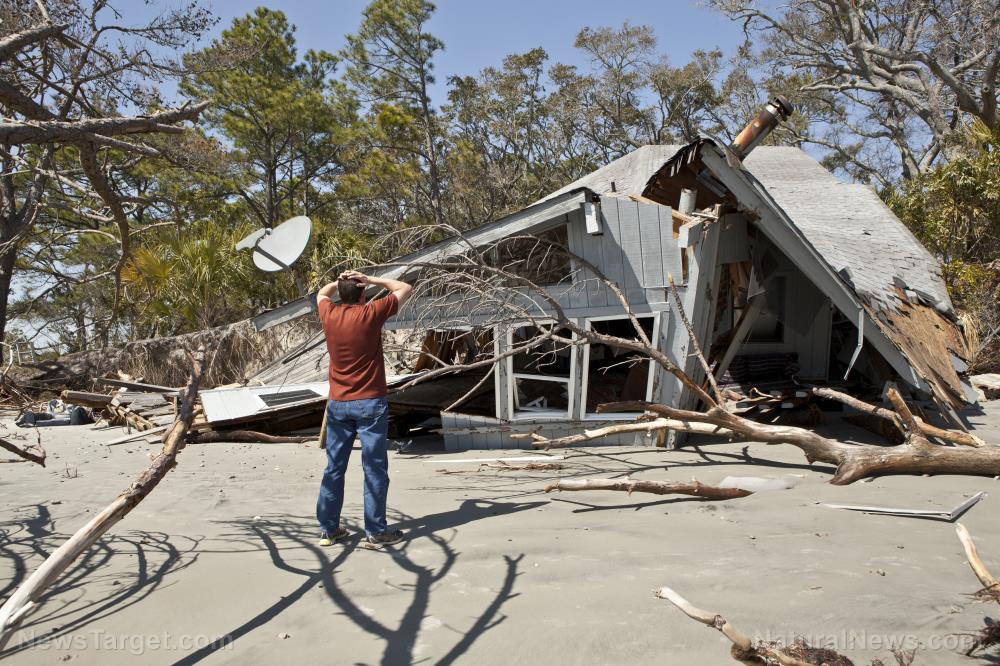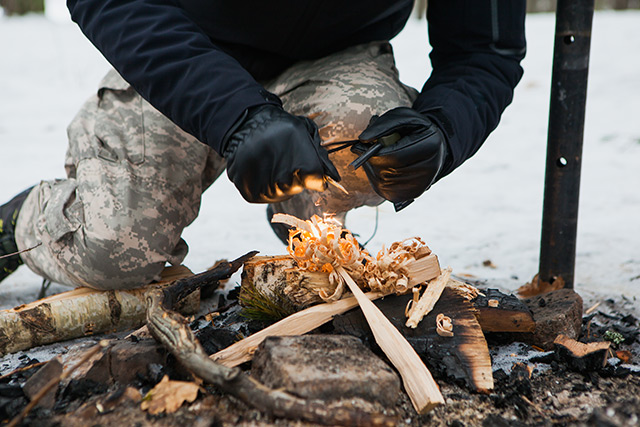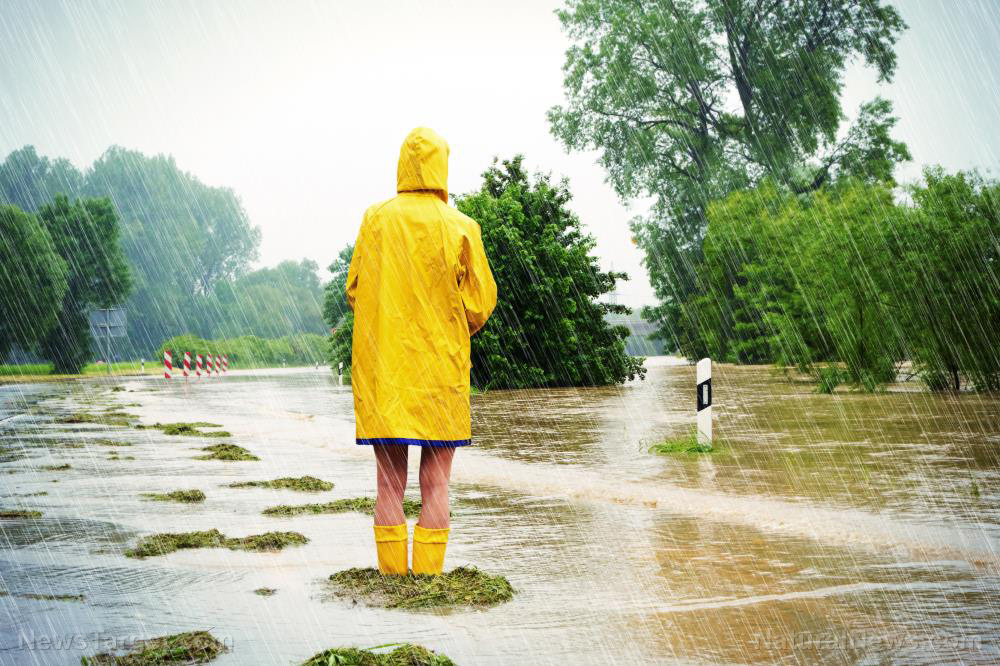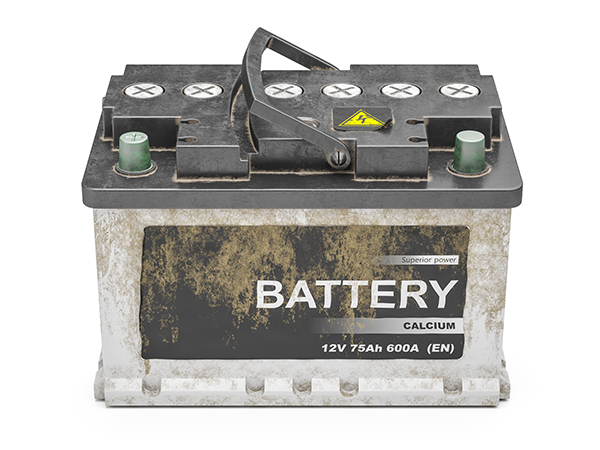Prepping 101: Short-term and long-term sanitation solutions to consider when disaster strikes
07/10/2020 / By Mary Miller

Maintaining proper hygiene is especially crucial when SHTF. If you don’t keep yourself and your surroundings clean during a survival scenario, you can end up catching disease-causing bacteria and other harmful pathogens.
In order to stay clean and healthy during such dire situations, you need to have an efficient and reliable sanitation system in place. Here are some of the best short- and long-term sanitation solutions you should consider in case disaster strikes. (h/t to AYearWithoutTheGroceryStore.com)
Short-term sanitation
If you expect your survival situation to only last for a few days, then you can get by with these temporary sanitation solutions until things return to normal.
- Have a well-stocked hygiene kit. It won’t cost much to stock up on essential personal care and hygiene items before SHTF. Some must-have items for your hygiene kit include hand sanitizer, hand soap, toothpaste, toothbrushes, shampoo, toilet paper and disposable nitrile gloves. You can also stock up on natural antiseptics and essential oils for your hygiene kit.
- Stock items that will let you wash your hands even without running water. Everything you touch can possibly be contaminated with disease-causing pathogens. You can minimize the spread of germs by washing your hands as often as possible, especially before and after handling food and tending to injuries. Stock up on hand sanitizer and moist hand towelettes as you won’t always have access to running water. If you do have access to clean water, you can also have someone hold an upturned bottle of water and let the water trickle down into your hands. (Related: Off-grid hygiene: Washing your hands without running water.)
- Get a good garbage can and durable trash bags. The last thing you’d want is to have pests and wild animals going through your garbage and making a mess of things. That’s why it’s a good idea to invest in a sturdy garbage can with a tight-fitting lid. But you shouldn’t just throw your trash directly into the garbage can. You need to seal your trash inside durable trash bags that won’t accidentally get ripped. By segregating your trash and sealing it in, you can avoid any potential cross-contamination.
Long-term sanitation
Sometimes, large-scale disasters may cause prolonged instances of survival situations. If this occurs, you will likely find yourself without working plumbing and other utilities for an extended amount to time. With these long-term sanitation systems, however, you can still make your personal living situation more comfortable.
- Set up a proper outhouse or composting toilet. There’s no need to panic if your toilet suddenly stops working. You can still answer the call of nature in a hygienic manner by setting up and maintaining a proper outhouse. Of course, the most important thing to keep in mind is that you must keep your outhouse far away from any water sources or gardens, otherwise, you might risk contaminating your food and water supply. You can use calcium hydroxide and wood ash to help deal with the foul odors from the decomposing waste. Another idea is to set up a composting toilet. The great thing about a composting toilet is that it can be used indoors. You’ll just have to empty the composting bin every few days, depending on how often it’s used.
- Establish an efficient waste disposal system. After a week or so of leaving your trash in the garbage can with no one to pick it up, it might start to pile up. Accumulating a lot of trash can be a safety hazard, so it’s important to minimize the amount of trash you throw away. If you can’t find ways to reuse your discarded trash, you can either safely burn it or bury it. Take your specific living situation into account before deciding which of the two is the safer option.
Follow these useful hygiene practices to improve your chances of survival when SHTF. For more prepping tips on proper sanitation, visit Preparedness.news.
Sources include:
Tagged Under: cleanliness, composting toilets, emergencies, homesteading, hygiene, off grid, outhouses, preparedness, prepping, prepping tips, prevention, sanitation, self sufficiency, self-reliance, SHTF, survival, survival skills, survivalist, toilet, washing hands, Waste disposal, water
RECENT NEWS & ARTICLES
COPYRIGHT © 2017 OFFGRID NEWS




















